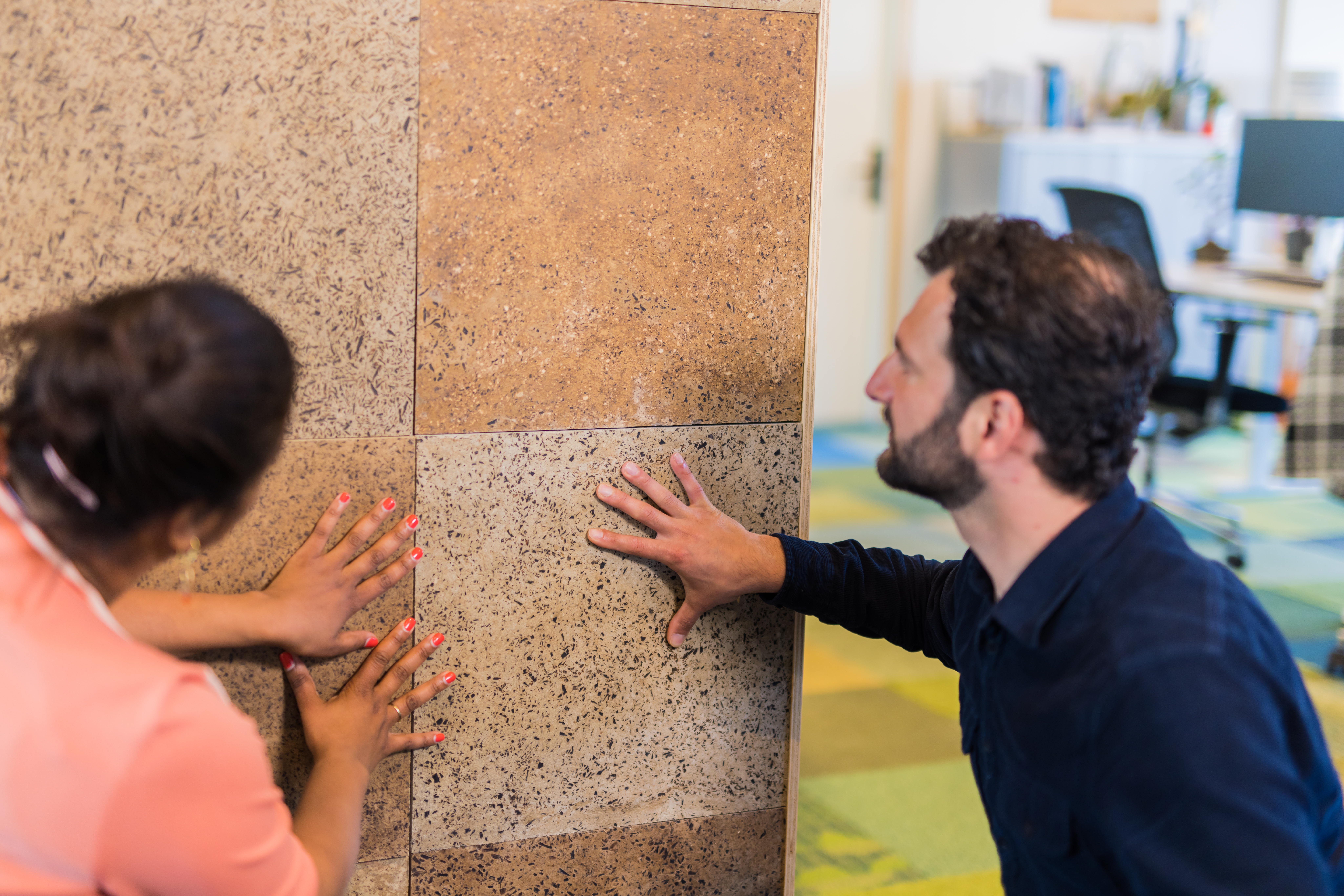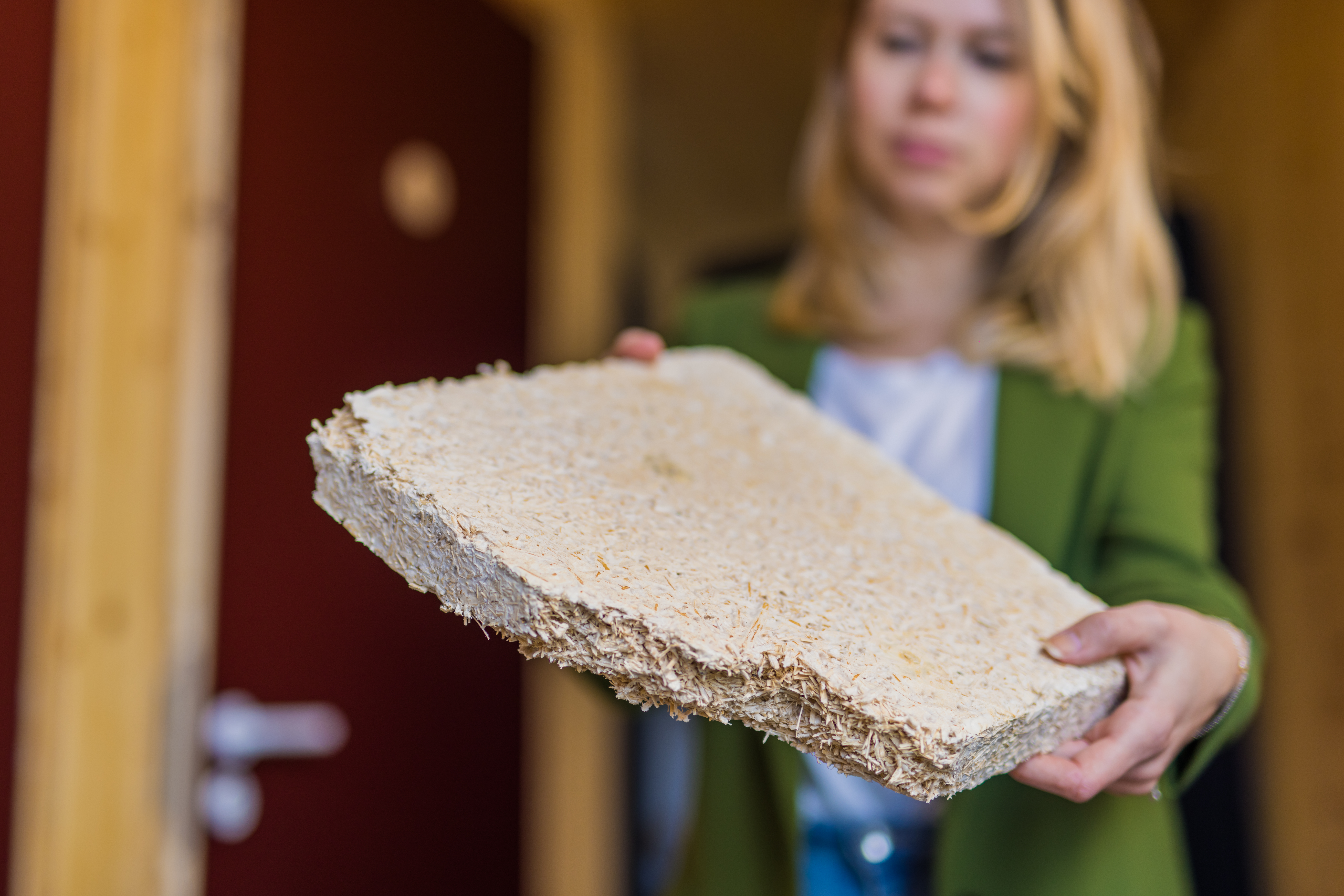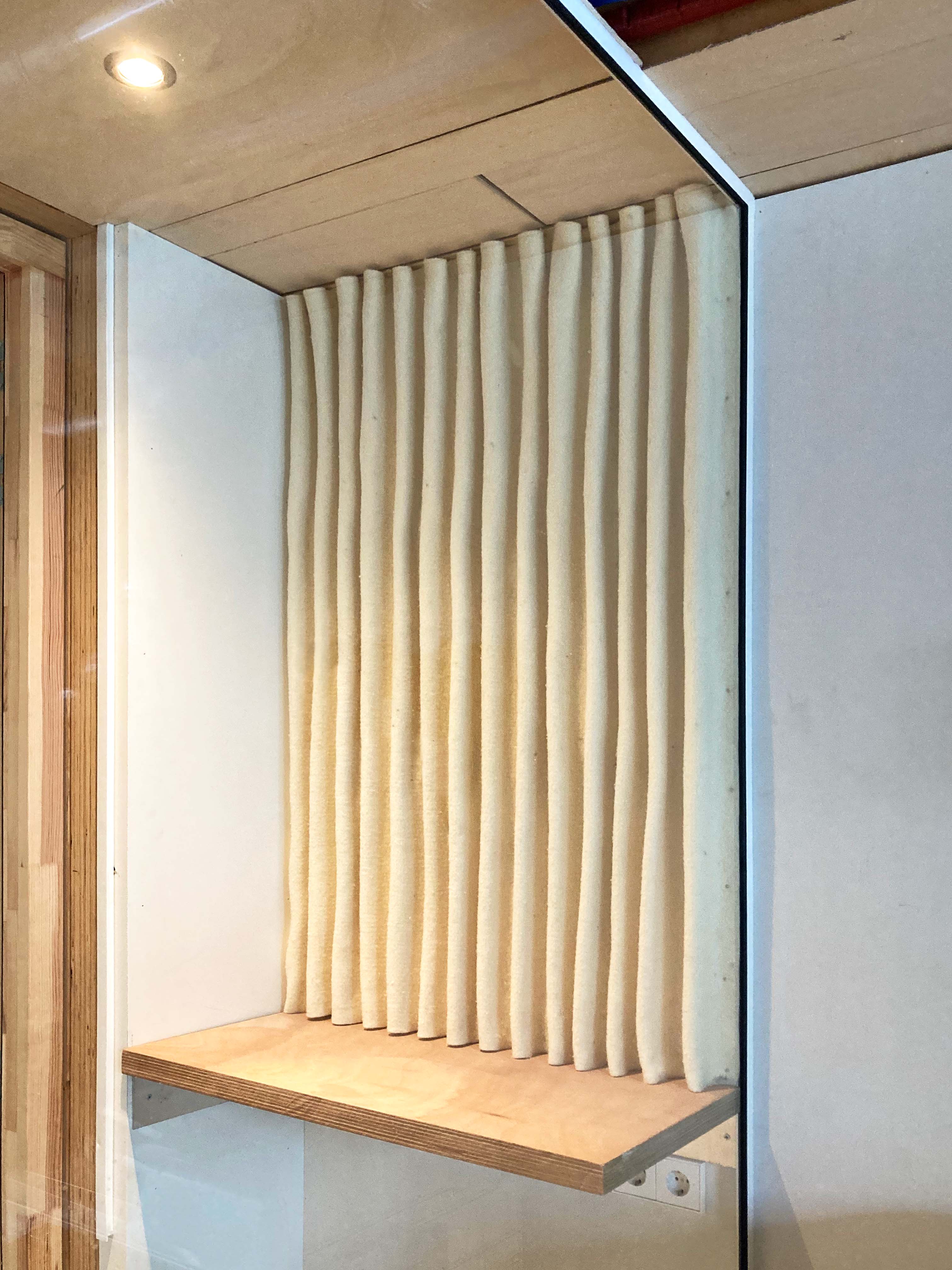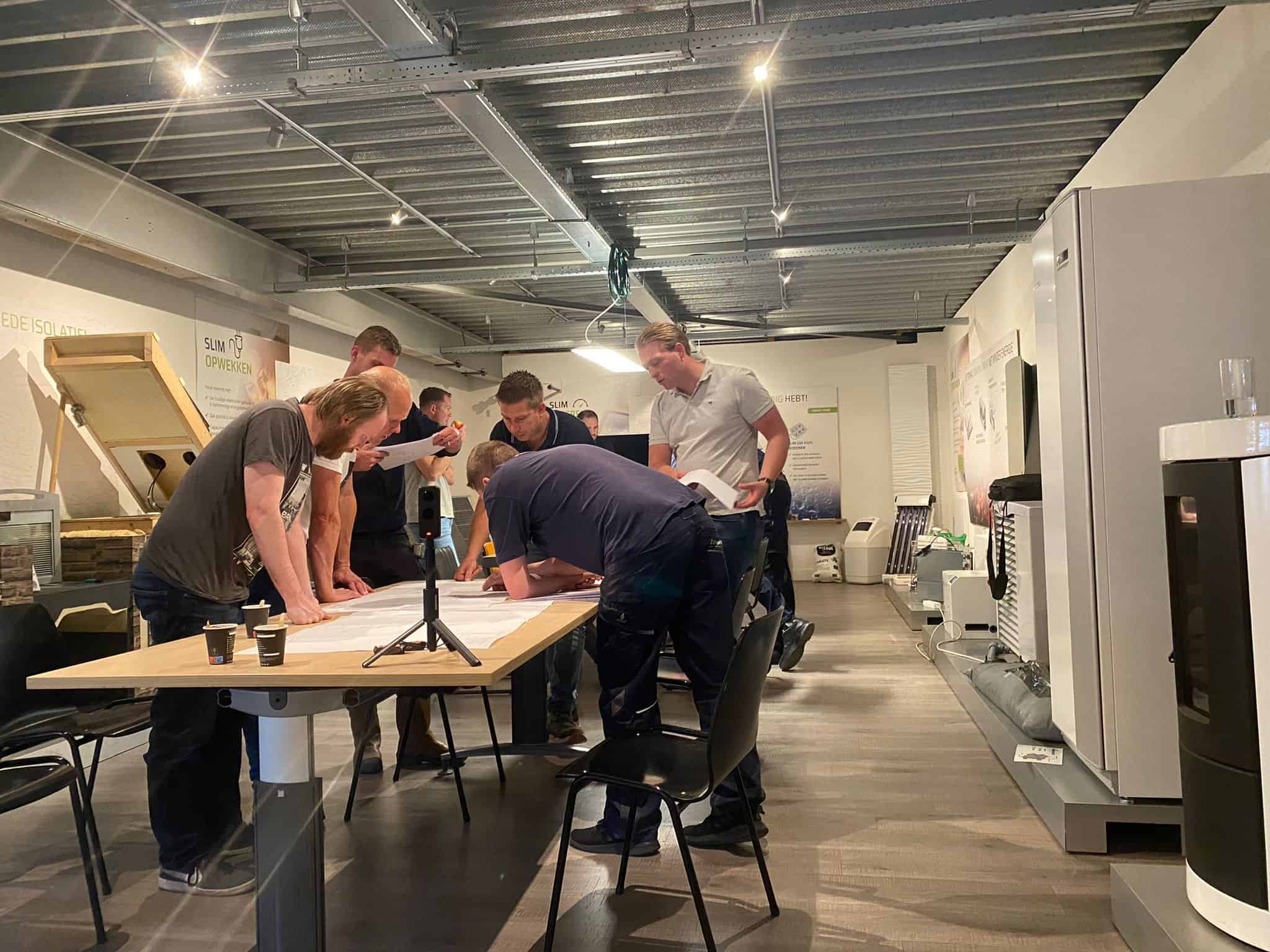
To accelerate the use of natural materials in construction, The Green Village, iCircl, and the Province of South Holland establish the Biobased Boulevard. This living lab, part of the field lab The Green Village on the TU Delft Campus, aims to support the use of biobased building materials in construction and renovation on a large scale.
The construction sector faces the major challenge of building and renovating many homes. “Only if we use sustainable building materials can we achieve the climate goals”, the university says. “A CO2-neutral and a circular economy in 2050. Natural raw materials such as hemp, bamboo, mycelium or seaweed are an important link: they are renewable, store CO2 and can be grown, harvested, used and reused in an ecologically responsible way. Yet building products made from biobased materials are not yet widely used.”
From living lab to building project
The aim of the Biobased Boulevard living lab is to get from pioneering in the living lab to scalable building products such as roof tiles and walls used in large construction projects. Marjan Kreijns, director of The Green Village: “Our rule-free field lab is the practical place for entrepreneurs, construction companies, clients, researchers, and governments to test, develop and demonstrate bio-based building products and circular innovations. Here we bring all stakeholders together to gain knowledge, exchange, and cooperate. This is an essential step to stimulate upscaling and ensure biobased building products are used on a large scale.”
The province of South Holland and iCircl play an important role in the upscaling ambitions. Gert-Willem van Mourik, transition manager circular and biobased building province of South Holland: “The province supports the initiative at The Green Village, it shows that biobased building is alive and well!” Nico van Hoogdalem, iCircl, agrees: “We challenge people to bring in their biobased issues.”
Three innovations
Entrepreneurs, researchers and clients can use the living lab to test innovations. Three projects have already found their way.
1. The Bio-Circular interior wall made with seaweed – BlueBlocks & CircuWall
This is a new, flexible and remountable system for interior walls. The wall consists of stackable frames made of reclaimed wood, incorporating bio-based insulation mats. The frames are covered with sheet material made of seaweed.

2. Fairm Foam
Many doors enter the waste pile after only five years and contain toxic adhesives. Fairm makes a door filling from bio-composite consisting of mycelium and regional fiber crops such as straw, hemp or elephant grass. The door filling is all-natural, compostable, lightweight and soundproof.

3. Wool call booth – The Dutch Wool Collective
The Hollands Wol Collectief makes designer felt from raw wool to cover call booths. Sheep’s wool is considered waste in the Netherlands, for which you must pay to dispose. However, wool has excellent acoustic characteristics. That makes it suitable as insulation material in call booths and conference rooms.

About The Green Village
At The Green Village, knowledge institutions, companies, governments and citizens research, experiment, validate and demonstrate their sustainable innovations. It is an open-air laboratory on the TU Delft Campus focusing on the built environment, where testing takes place at district, street and building level.








